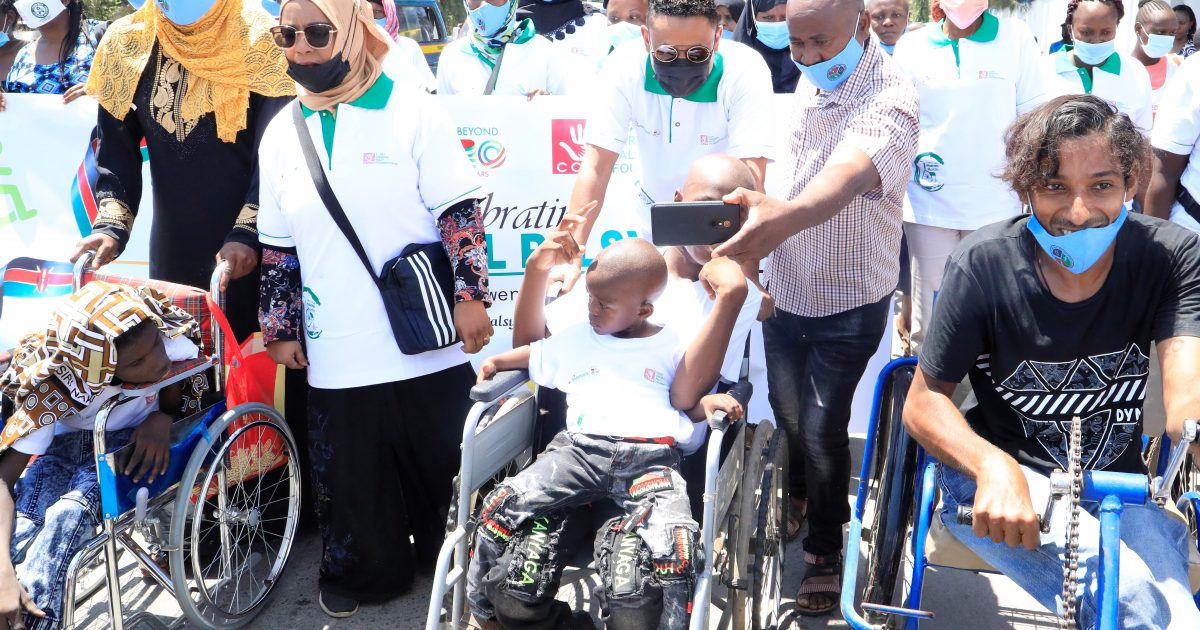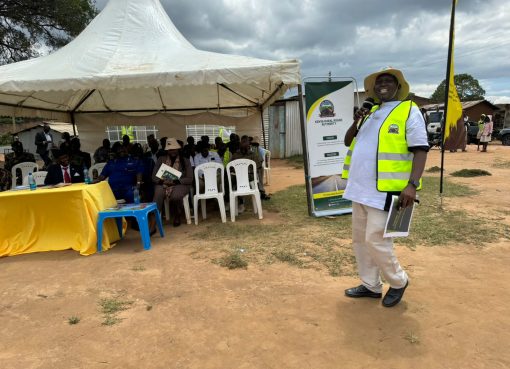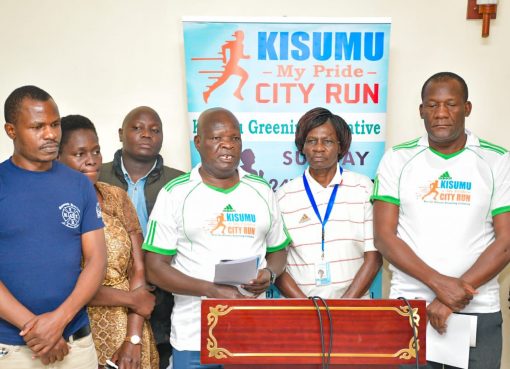Kenya joined the rest of the world, to mark World Cerebral Palsy Day with parents being urged not to discriminate against children living with the condition.
The event was marked with a procession, flagged-off by Mombasa nominated Member of the County Assembly (MCA), Ramla Said, at Tom Mboya School for Cerebral Palsy, with speeches later from different guests at the Tononoka Social Hall.
Speaker after speaker highlighted challenges facing children with the condition amid widespread stigmatization and other superstitious beliefs, emanating from ignorance and cultural myths, shaping public understanding about such children.
Coast Cerebral Palsy Foundation Chief Executive Officer, Teresiah Wambui, expressed her dismay over rampant discrimination of children with the condition, something she observed, can be reversed through sensitization.
“These children are capable of doing everything that an ordinary child can do, therefore, they should be treated equally,” Wamboi observed.
She also advised the community to support children with such mobility disorders, instead of stigmatizing them on the basis of their condition.
The Foundation CEO further decried shortage of schools to cater for the needs of these children in Mombasa County.
Children with cerebral palsy also lack assisting devices such as wheelchairs, walkers, braces and orthotic boots among others, with most parents unable to purchase them due to financial constraints.
Mombasa has only two cerebral palsy schools, Tom Mboya School for Children with Cerebral Palsy and a privately owned Cerebral Palsy Foundation.
Mombasa County Assistant Director, Special Needs, Mary Nyale, said the County has begun to pilot a programme aimed at supporting the cerebral palsy children in Likoni Sub-County.
The Programme covers guidance and counselling, cash transfer and school bus, to ferry children to and from school, to avoid inconveniences. Once it is deemed successful in Likoni, the Mombasa County Government intends to expand it to other five remaining Sub-Counties.
“This programme will ease the burden for parents of these children. They will have no excuse for not taking their children to school. The unconditional cash transfer will be used to buy meals for the children while in school,” she added.
The County Schools Health Coordinator, Dr Austine Odaba, advised parents to register with the National Health Insurance Fund (NHIF), to easily access medical services in public hospitals for their children.
Children with cerebral palsy require frequent hospital visits with most parents spending more than Sh1000 weekly on drugs, besides extra costs on other procedures.
By Galgalo Bocha and Riziki Tokal





